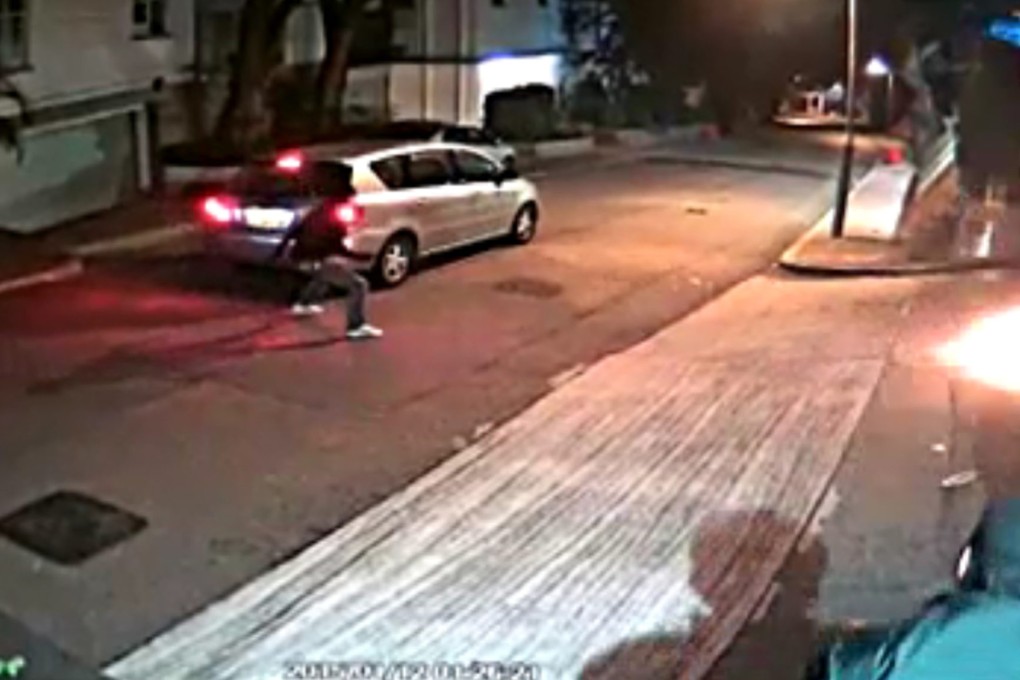Off Centre | As Hong Kong's press freedom comes under attack, it appears we're not Charlie

You may well have your own take on how things have played out in Europe since the murders in Paris two weeks ago. You may find it all utterly depressing. Personally, I take some heart from the simple fact that there is finally a debate taking place – a debate which for too long has been dodged for fear of inflaming sensitivities.
Sure, we’ve seen media organisations marshal evasive and insidious arguments to disavow or caveat free expression. And yes, in short order the public was being enjoined to consider the latter at best a problem, at worst a provocation, with the familiar warnings of a possible backlash on Muslim communities reeled out as an admonition against focusing any inquiry on their faith. Oh, and where the leader of the Catholic Church at least refused to step on the merry-go-round of hypocrisy, others well-versed in taking offence to things they themselves do not like have been less daunted.
But, as I say, there is a debate being had. The challenge for Islam is to join it; the challenge for Europe is to allow Muslims the space to join it but to resist those voices prepared to label anything and everything Islamophobic. I don't think any of this is really happening yet, but what we have seen is a good deal of sober yet strident commentary that sidesteps counter-intuitive and indeed counter-factual shibboleths about Islam being wholly a religion of peace to grasp at a truth more cardinal to Europe itself. Namely, that if liberal Enlightenment traditions are worth defending at all, then nothing can be off-limits or beyond criticism.
Consider it thus: no less than Genghis Khan or the Marquis de Sade, the Prophet Muhammad is a real historical figure. To assent to discussion or representation of any of the three being circumscribed would be an abdication of free inquiry; in the case of the founder of a major proselytising religion it would be to give up on the notion of the free marketplace of ideas altogether. Put another way, one must at the very least be able to say “there are things about Islam, all told, that I do not think are absolutely brilliant”, without finding oneself compromised. If, on the other hand, the appetite for challenging Islam to reform itself, or to de-literalise, is lost in secular, liberal societies, then what chance it ever will? I don't presume to know – I only ask.

